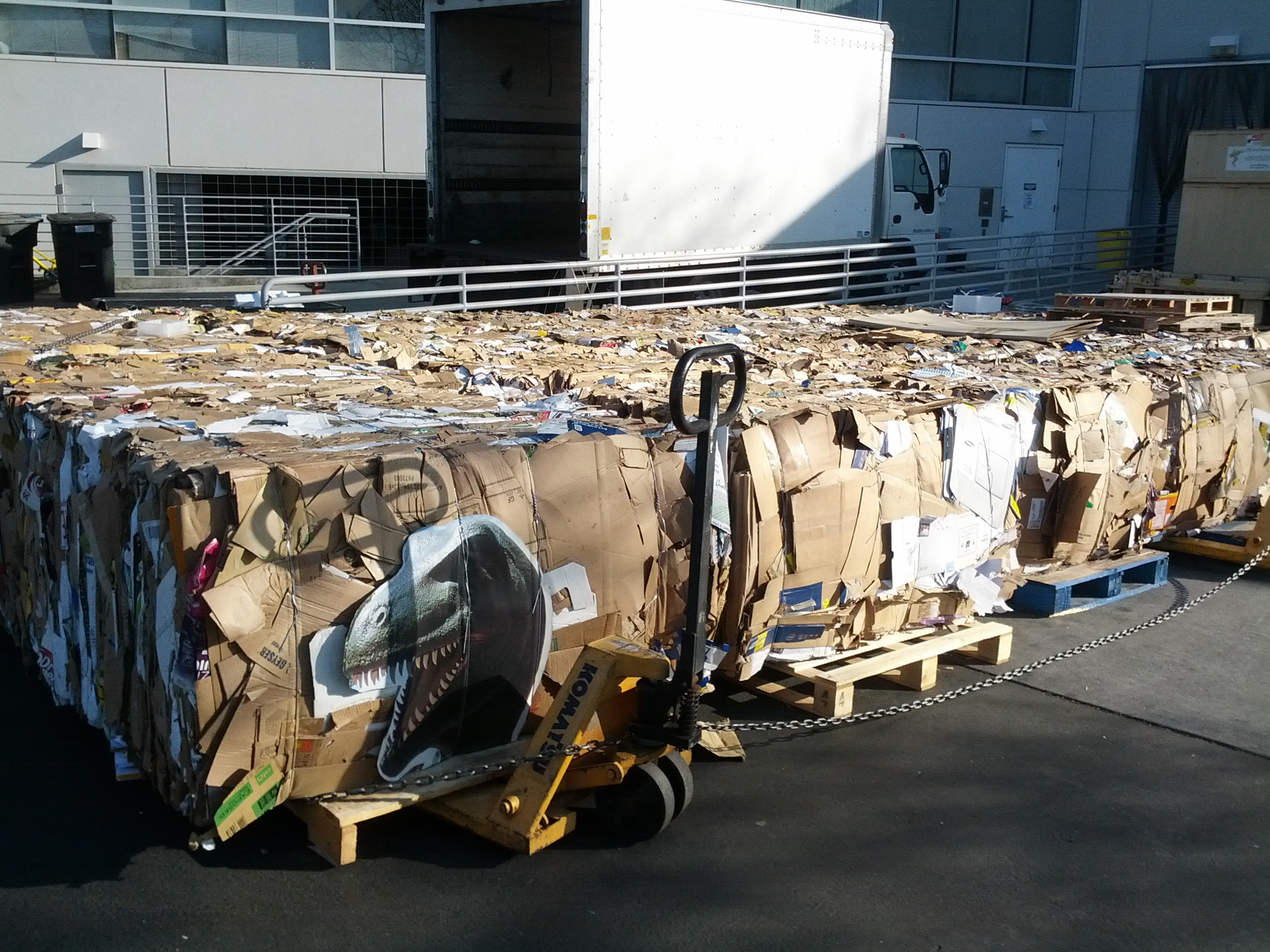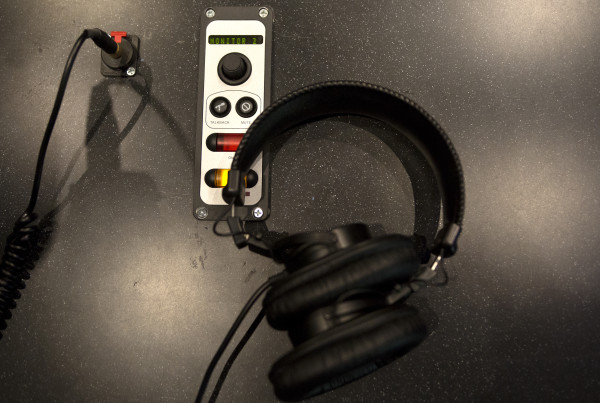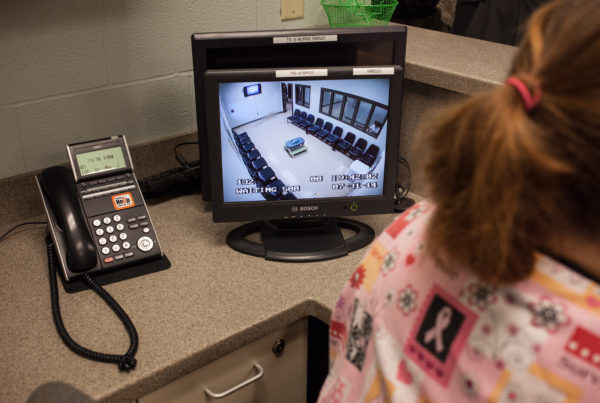Something is happening in far west Texas that could be a harbinger for the rest of the state. El Paso has no place to send recycled trash. China, which is a destination for much of what we recycle in the U.S., doesn’t want it anymore.
Sahadat Hossain, a civil engineering professor at the University of Texas at Arlington, created the school’s Solid Waste Institute for Sustainability. He says China is an importer of recycled material from all over the world, and now the country has changed its rules governing the importation of that material.
“They made a regulation that impurity in recycling cannot be more than .5 percent,” Hossain says. “Before that, it was around 20 percent. To get to the level of .5 percent is almost impossible.”
At one time, China paid high prices for the world’s recycled material. In the last few years, the U.S. has exported some $11 billion worth of material to China, Hossain says. The change in China’s policy is already having an effect. Last year, China imported $300 million worth of plastic. In the first quarter of this year, the nation has accepted a mere $9 million in plastic from the U.S.
In Texas, cities like El Paso must pay to send their recycled material to China, and the price has gone up. Hossain says cities will have to subsidize their own recycling efforts if they want to continue doing it.
“I think we are already in crisis,” Hossain says. “…the collection of recycling material is much more expensive than the collection of trash, because its volume is high, but the worth is really small.”
Hossain says a solution would be for entrepreneurs to process recycled material in the U.S., and to find new ways to use recyclables.
“There is absolutely no doubt there is a market in the U.S.A,” Hossain says. “The only problem [is] we don’t have that market created yet.”
Written by Shelly Brisbin.















